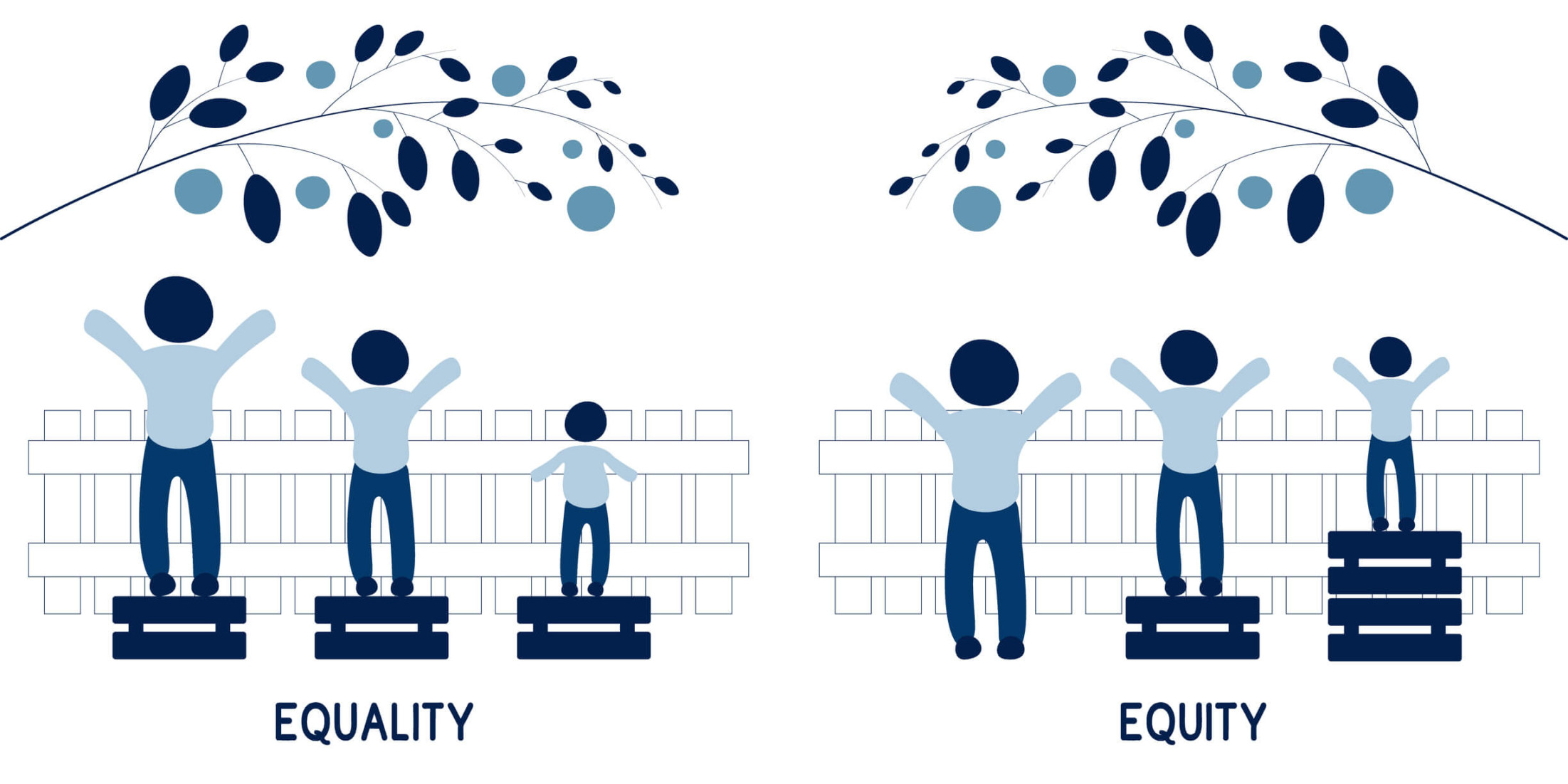Everyone Deserves a Healthy Life
Imagine a world where everyone, regardless of their background, has the opportunity to live a healthy life. No matter their race, ethnicity, gender, sexual orientation, or socioeconomic status, everyone has access to the resources and support they need to thrive. This is the vision of health equity.
What Does Health Equity Mean?

Health equity is about fairness. It means that everyone has the chance to reach their full health potential. It’s not just about treating everyone equally, but about addressing the underlying social, economic, and environmental factors that affect health.
Why is Health Equity Important?
Health equity is important because it benefits everyone. When people have good health, they are more productive, happier, and more likely to contribute positively to their communities. Health inequity, on the other hand, can lead to a range of negative consequences, including poverty, crime, and social instability.
Factors That Affect Health Equity
Several factors can affect health equity, including:
Social Determinants of Health: These are the conditions in which people are born, grow, live, work, and age. They include factors such as education, income, housing, and access to healthcare.
Strategies for Promoting Health Equity
There are many strategies that can be used to promote health equity, including:
Addressing Social Determinants of Health: Investing in education, housing, and other social programs can help to improve health equity.
Examples of Health Equity Initiatives
There are many examples of health equity initiatives that are being implemented around the world. Some of these include:
Community Health Centers: Community health centers provide affordable healthcare services to underserved populations.
Conclusion
Health equity is a critical issue that affects everyone. By working together to address the underlying factors that contribute to health inequity, we can create a world where everyone has the opportunity to live a healthy and fulfilling life.
When we think about health equity, we often focus on individual factors like diet, exercise, and access to healthcare. However, there’s another powerful force at play: community. Our communities shape our lives in countless ways, from the opportunities we have to the support we receive. And when it comes to health, community plays a particularly vital role.
Community as a Catalyst for Health
Think about your own community. What kind of place is it? Is it safe? Are there opportunities for people to connect and socialize? Are there healthy food options available? All of these factors contribute to the overall health of a community.
When communities are strong and supportive, they can be powerful catalysts for health. Studies have shown that people who live in close-knit communities are more likely to:
Eat healthy food: When communities have access to farmers’ markets, community gardens, and healthy food stores, it’s easier for people to make healthy choices.
Building Healthy Communities
So, how can we build healthier communities? Here are a few ideas:
Support local businesses: When you shop at local businesses, you’re not only supporting your community but also helping to create jobs and boost the local economy.
By working together, we can create communities that are healthier, happier, and more equitable for everyone.
 Udento Lifestyle & Health
Udento Lifestyle & Health




